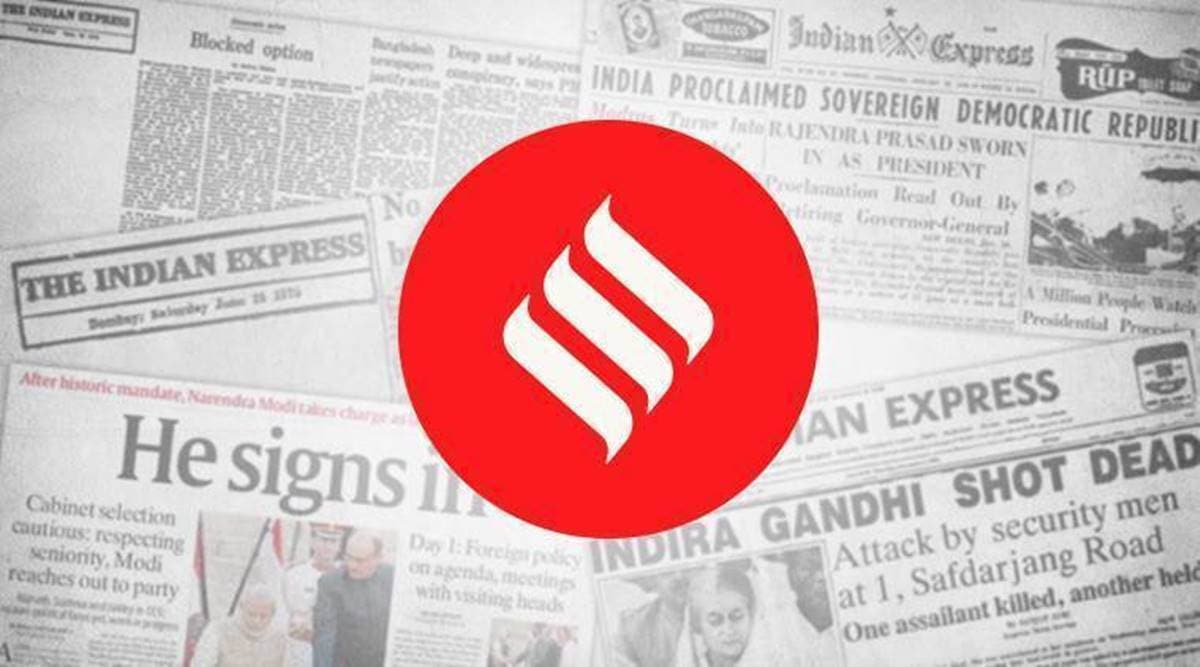 Imran Khan and Afghan President Ashraf Ghani declared their determination to make a “leap of faith” to remove mistrust between their two countries.
Imran Khan and Afghan President Ashraf Ghani declared their determination to make a “leap of faith” to remove mistrust between their two countries.In the lull after an important assembly election and before the drumroll for the next crucial state poll, the rise of a political player is sparking controversy and consternation. The All India Majlis-e-Ittehadul Muslimeen and its leader, Asaduddin Owaisi, are in the spotlight after the party won five seats in the Bihar assembly — it had drawn a blank in the last Bihar election in 2015, and after Maharashtra, this is only its second notable success outside of its backyard in Hyderabad. But the AIMIM is not just drawing attention for being the new entrant in Bihar, and potentially in West Bengal 2021 and UP 2022 — though, given the high entry barriers in Indian politics, a new player crossing the electoral threshold is significant. It is touching off conversation and concern because it is seen as a “Muslim” party. In the wake of the Bihar outcome, it has been accused of letting down the “secular” side, by “splitting” the “Muslim vote” thereby denying victory to the RJD-led Mahagathbandhan, even of being the BJP’s “B-team”. Whether or not electoral data confirms that the AIMIM made the critical difference between the Mahagathbandhan’s victory and defeat in a close election — is not the question. AIMIM’s Bihar tally and the rumblings it has set off are laying bare some of the complacencies and conceits of the upholders of “secularism” in India’s polity.
Of course, the rise of an exclusivist Muslim political platform in a country where, since Independence, Muslims have overwhelmingly reposed their trust and their vote in non-Muslim leaders who also enjoyed the confidence of the majority community raises important questions. But by casting Owaisi in the role of saboteur, secular politics seeks to avoid, once again, looking in the mirror. The Owaisi phenomenon draws support, in part, from the distortions and silences of this politics. Its discontents, building for a long while, are shown up most starkly in these times of BJP dominance. Despite the rhetoric of “sabka saath sabka vikas”, the Modi-BJP has unsubtly devoted its energies towards a consolidation of the “Hindu vote”. Non-BJP parties have responded to the majoritarian challenge, however, by playing the game by the BJP’s rules, taking the “Muslim vote” for granted and doing little beyond tokenism when it comes to ensuring representation. At the Centre and in state after state, the BJP’s greatest success has been in remaking the political field, and shifting its centre to the right. In the process, as the nation-wide protests against the discriminatory citizenship law showed, it has been left to non-party voices to make visible Muslim fears and anxieties.
It is not surprising that Owaisi’s party should make headway in this climate. Having said that, it would be wrong and unfair to see it only as the symptom of a secular malignancy. If the notion of Muslim voters being an undifferentiated block is deeply reductionist, imposing straitjackets for what a Muslim politics can and cannot say is a denial of agency, and diversity. Those who fear the AIMIM’s politics will deepen the communal divide must build a bridge, counter it politically.